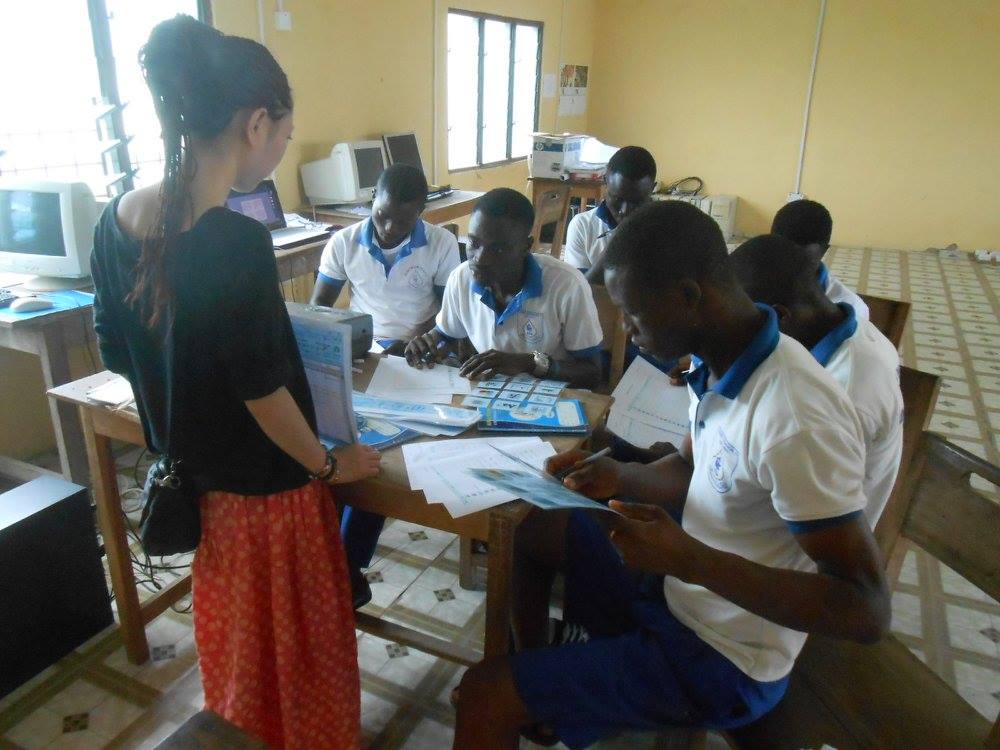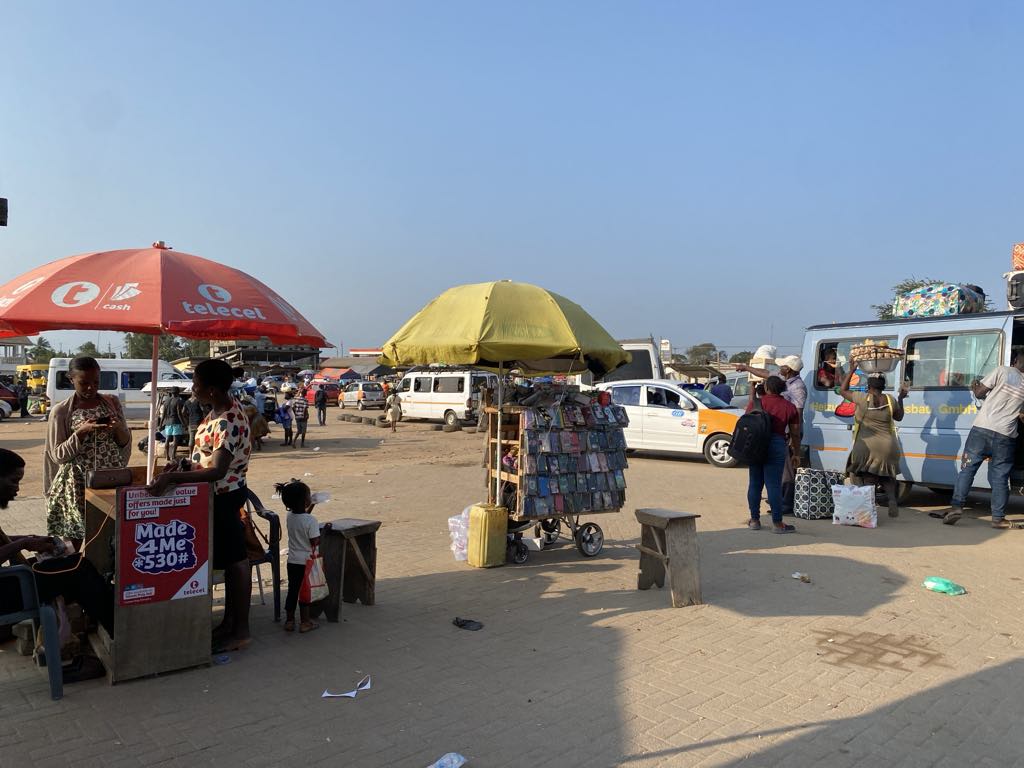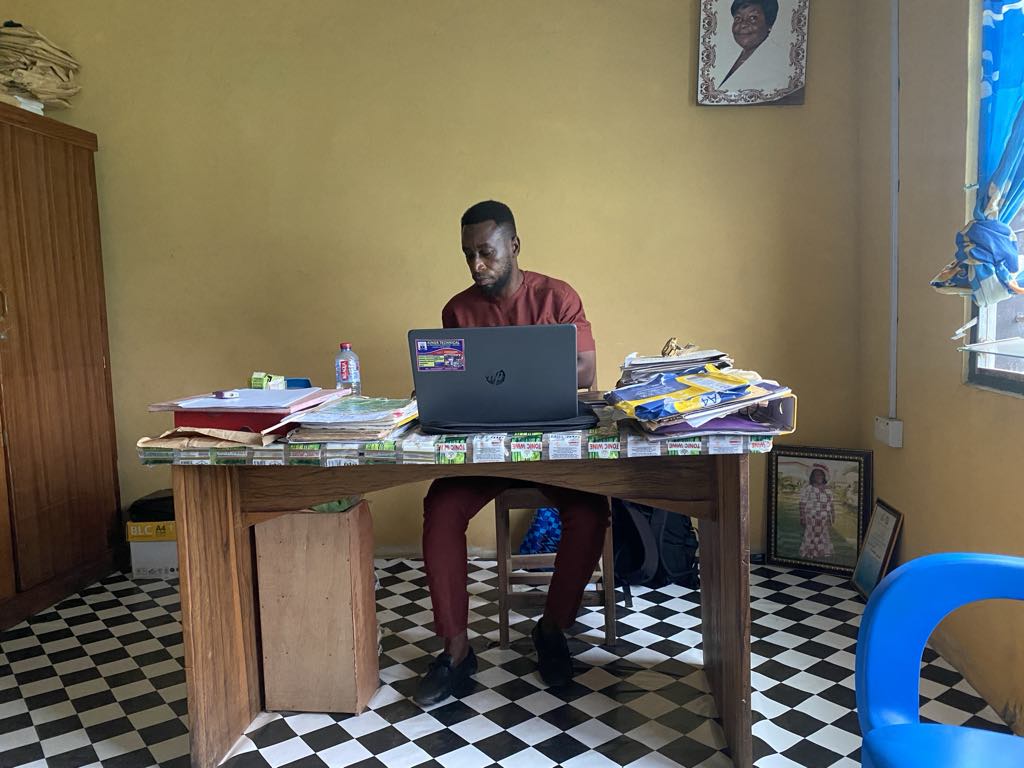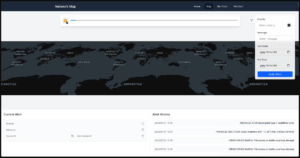Ghana and IT — A Former JICA Volunteer’s Perspective on Ghana’s Digital Life
Introduction
Me ma wo aha (Good afternoon)! I’m Adjoa, a former member of the Japan Overseas Cooperation Volunteers (JOCV), and I lived in Ghana, West Africa, for 2 years and 6 months between 2014 and 2017.

I was assigned as a PC Instructor to Kings Technical Vocational Institute, a vocational training school located in the village of Gomoa Mprumem in the Central Region. My role was to work as an ICT teacher.
Since I now work in an IT company, I’d like to share some insights into Ghana’s IT landscape.
Mobile Money Has Been the Norm for Over a Decade
In Ghana, it’s not uncommon to hear people say, “I don’t have cash on me—can you send me some?”
Even back in 2014–2017, when I was living in a small rural community, mobile money transfers were already a part of daily life. There were no banks or ATMs in the area, but there were women known as “mobile ladies” (interestingly, I never saw a “mobile man”). You’d hand over cash to one of these women, and she would transfer the money to the phone number you specified. Simple and effective.
Smartphone Penetration: 50% as of 2020
Even in 2014, many people in Ghana carried two phones. According to this source, smartphone penetration reached about 50% by 2020.
From what I observed, people tended to use one basic phone for calls and SMS, and a separate smartphone for browsing the internet and using social media.

What Do Ghanaians Do on Their Smartphones?
Besides making calls and sending messages, it’s common for people to post photos and videos to social media and browse others’ content.
When I revisited Ghana in 2024, I noticed that some of my friends were even using their smartphones to make a little side income. Some were driving part-time for ride-hailing apps, while others were filming and uploading videos to YouTube.
By the way, here’s a video my YouTuber friends filmed while accompanying on an interview:
That said, despite the passage of time, I didn’t see much improvement in network infrastructure between my volunteer days in 2017 and my return in 2024. The network was still quite unstable in many areas. However, I was impressed to learn that a Ghanaian company recently developed an app that allows voice calls even without a network connection. Amazing progress!
What About PC Users?
While not as common as in Japan, using a PC isn’t considered rare in Ghana either. However, due to the higher cost compared to smartphones, the hurdle to owning one is definitely higher.
Among my Ghanaian friends who owned laptops were teachers who created documents, entrepreneurs working in graphic design, and students studying programming.

In Closing
The Ghanaian government is actively promoting the IT sector, and I’m excited to see how the country’s digital landscape will continue to evolve in the coming years!


